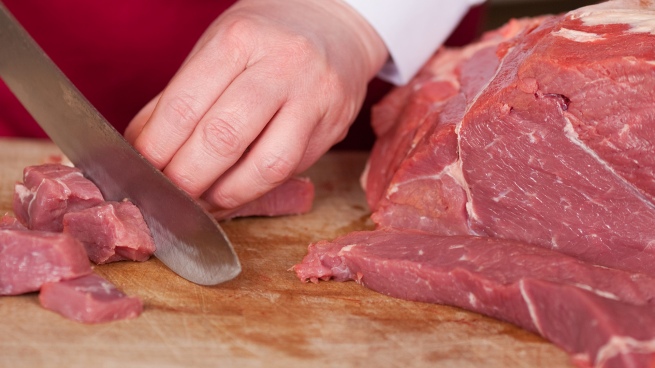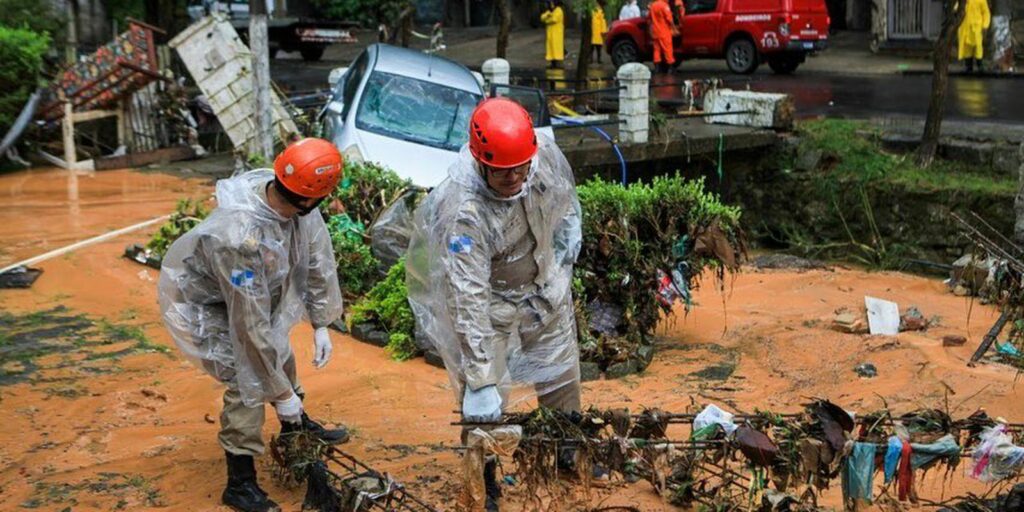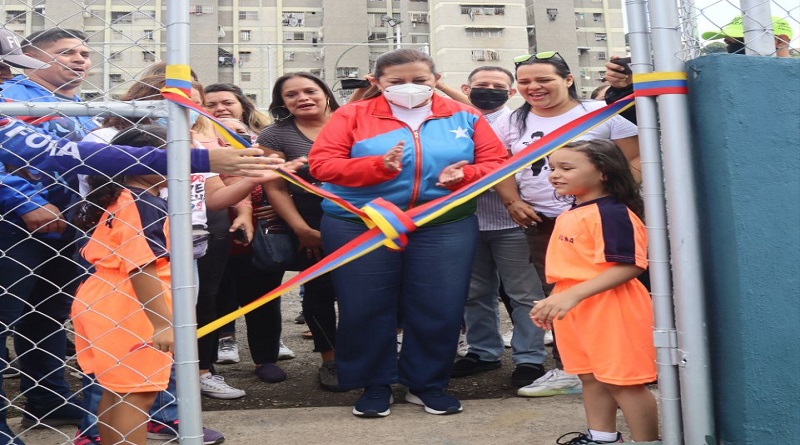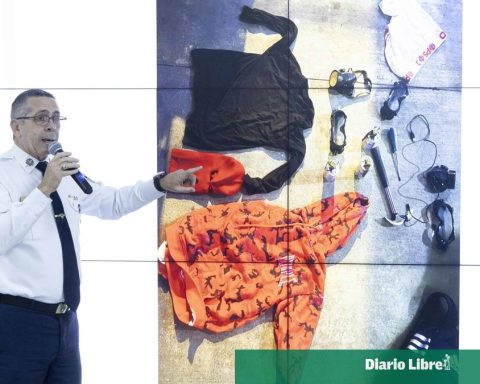Senasa provided advice on the care of food products within the framework of World Food Day, a date promoted by the Food and Agriculture Organization of the United Nations (FAO), and which this year has as its motto “leave no one behind”.
From the National Service for Agrifood Health and Quality, they pointed out that “the prevention of foodborne diseases such as hemolytic uremic syndrome (HUS) is key to caring for people’s health.”
Some of the recommendations issued by Senasa for food handling are: separate raw food from cooked food, cook food completely, especially meat, poultry, eggs and fish; maintain the cold chain of chilled foods from 0 to 7° centigrade and frozen or deep-frozen foods from -12° to -18° centigrade depending on the product; use mains water or make it drinkable before consumption by boiling or adding 2 drops of chlorine per litre.
He also recommended checking the integrity of the containers since they constitute the protection of the food that is purchased and an important barrier to cross-contamination between different products and, before buying a food, check that its container has the label with the expiration date and registration number.
other tips
They pointed out putting the meat in a bowl to store it in the refrigerator, putting it on the lower shelves in such a way as to avoid spills towards the fruit and vegetable drawers (separate red meat from chicken); and not using the same board and knife to cut raw meat and vegetables that are not cooked to avoid “cross contamination.”
For their part, the organization highlighted that “You have to wash your hands before and after changing diapers, after touching animals, handling food and going to the bathroom.”

Hemolytic uremic syndrome
HUS is a foodborne illness that causes diarrhoea, anemia and kidney failure, which is caused by a group of bacteria called Escherichia Coli, which is usually present in the feces of animals and people, in undercooked meat and on hands. not sanitized, and that produce a toxin that mainly affects children under 5 years of age; nevertheless.
In turn, they noted that older adults and immunosuppressed people can also be seriously affected, they specified from the entity in an official statement.
In Argentina, HUS is the main pediatric cause of acute renal failure, Senasa recalled.


















